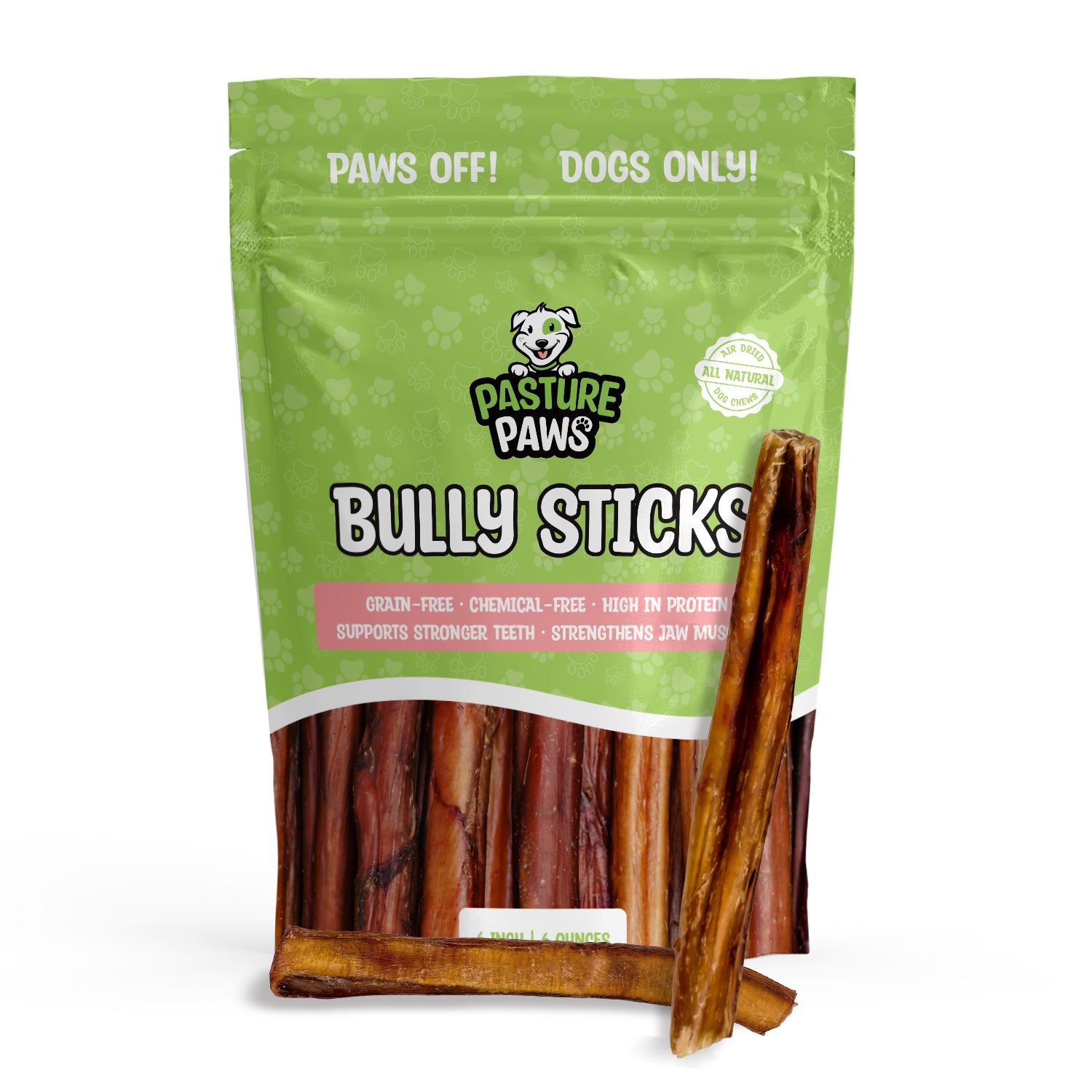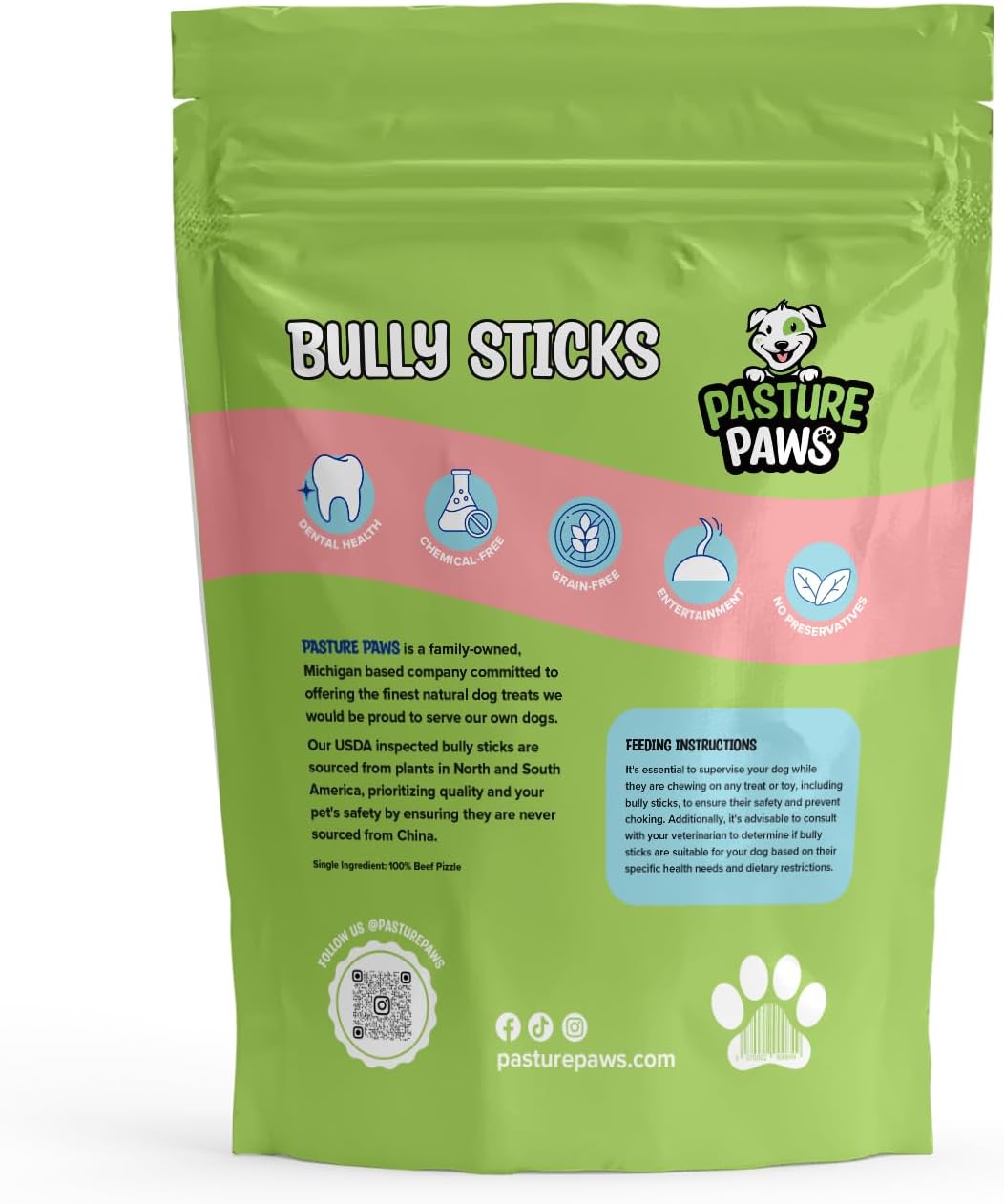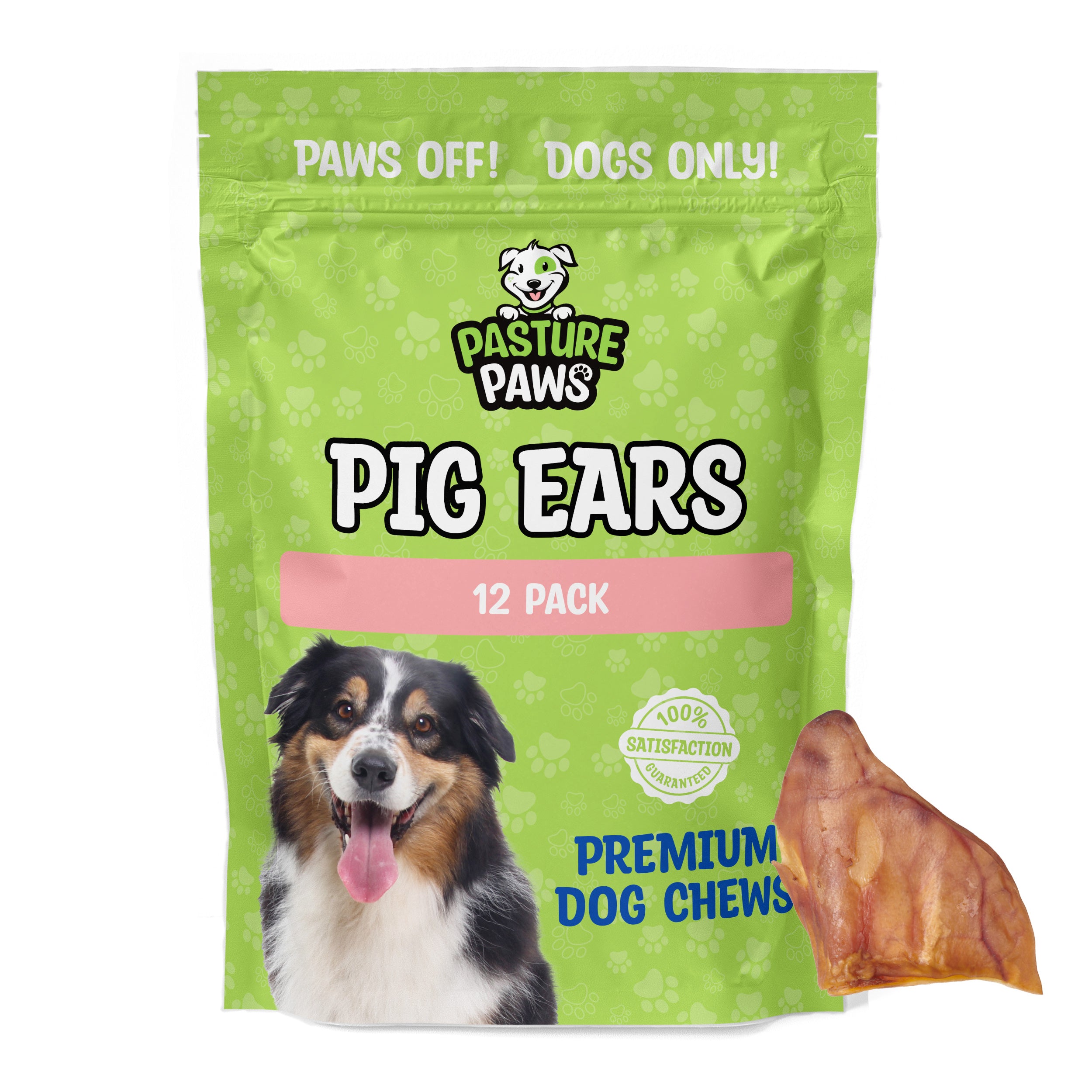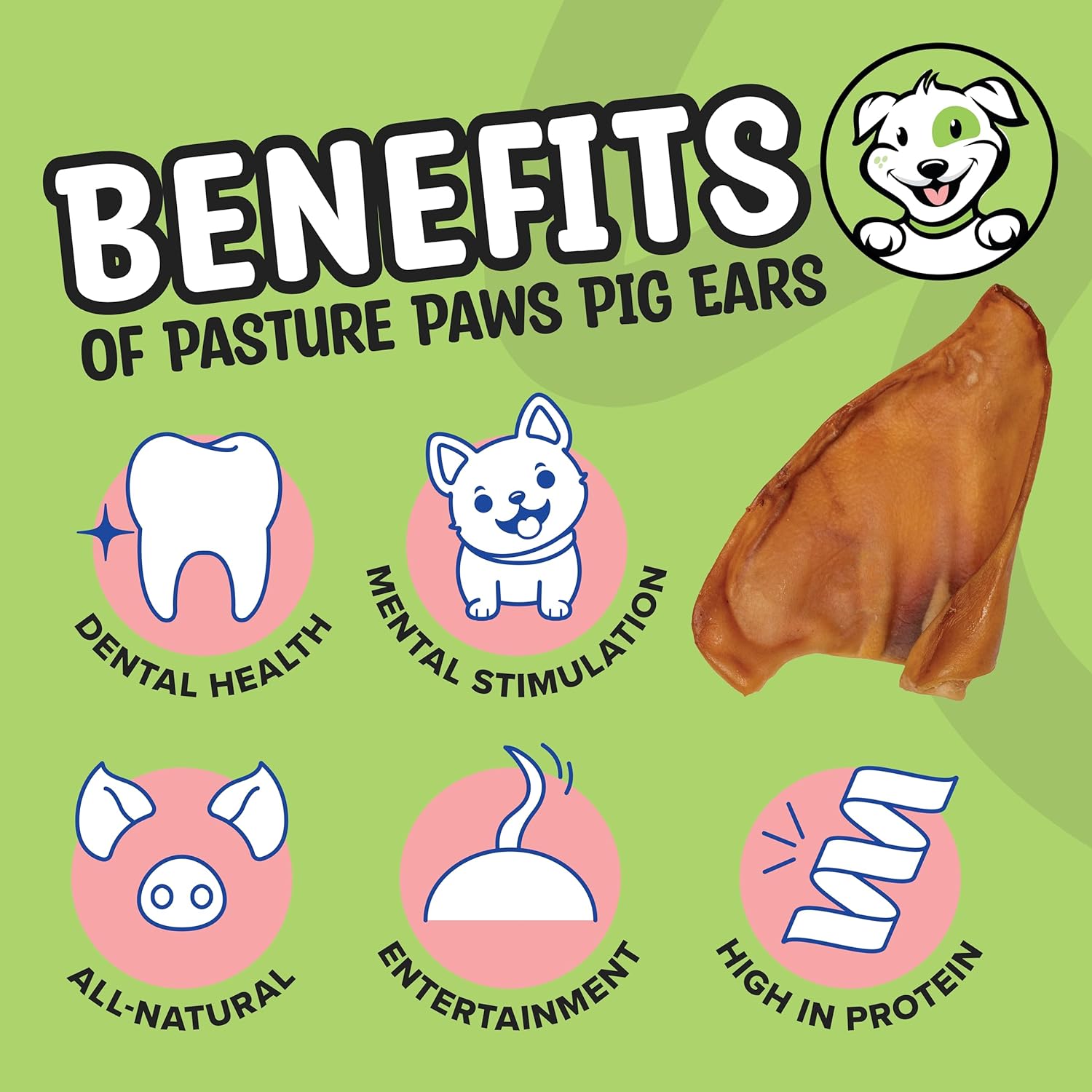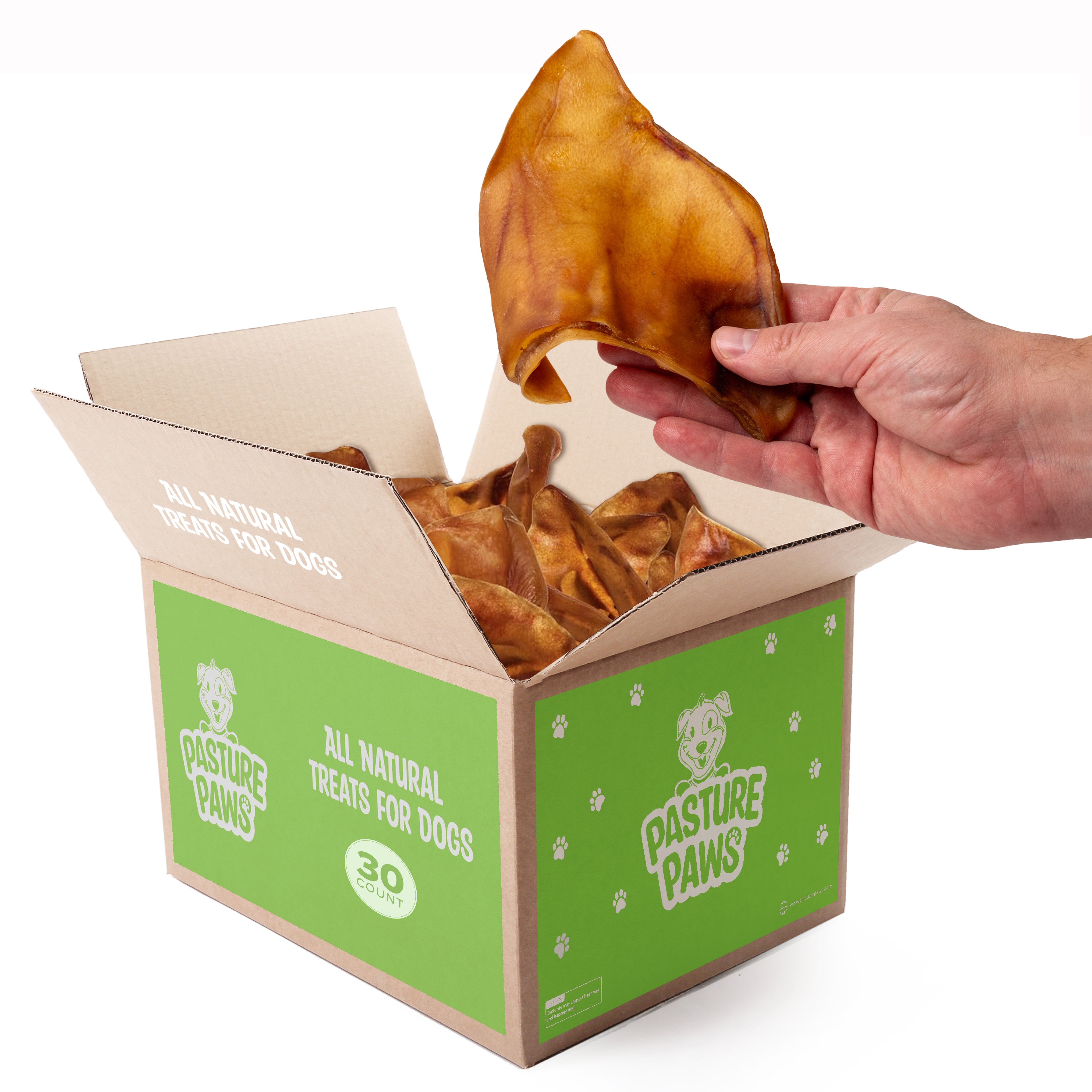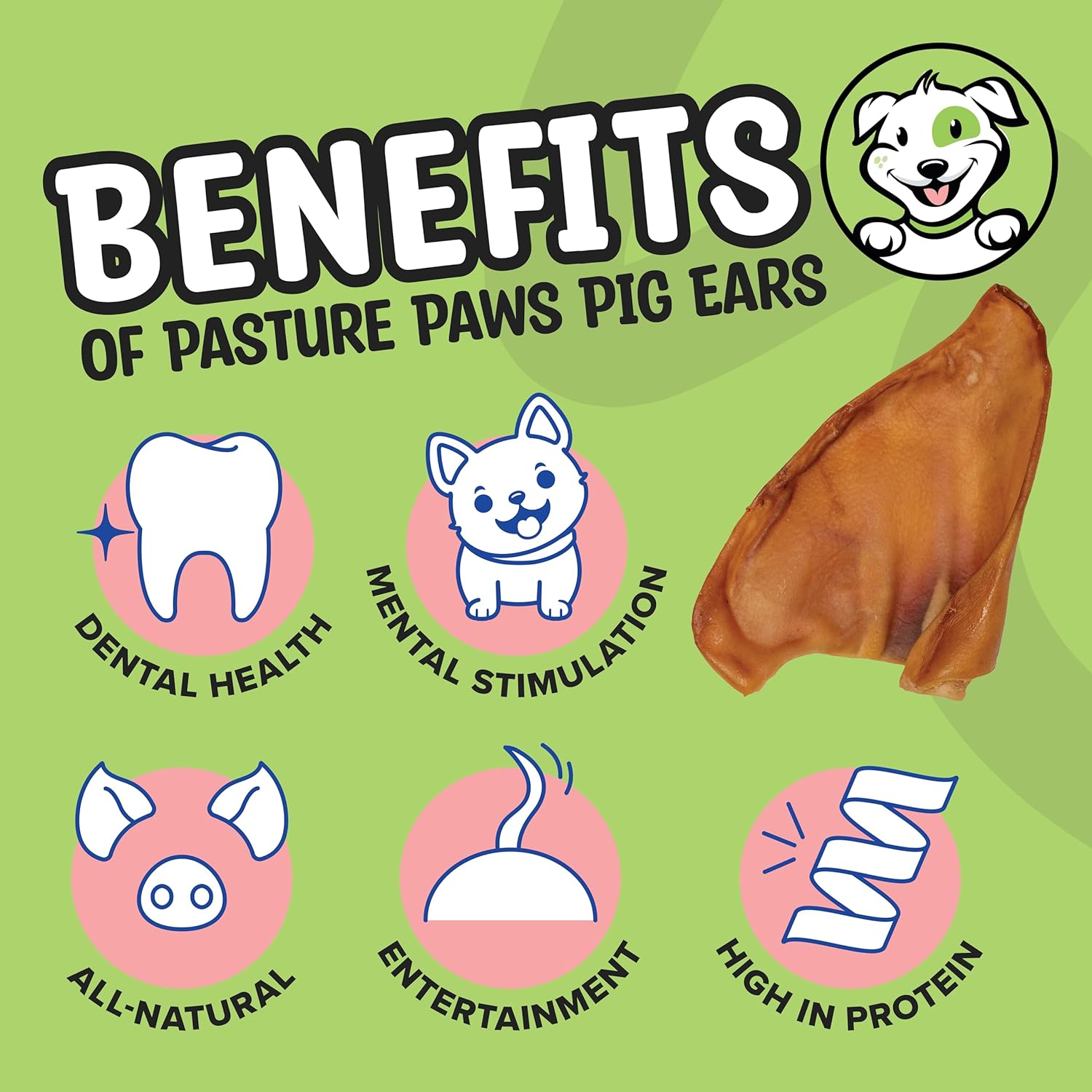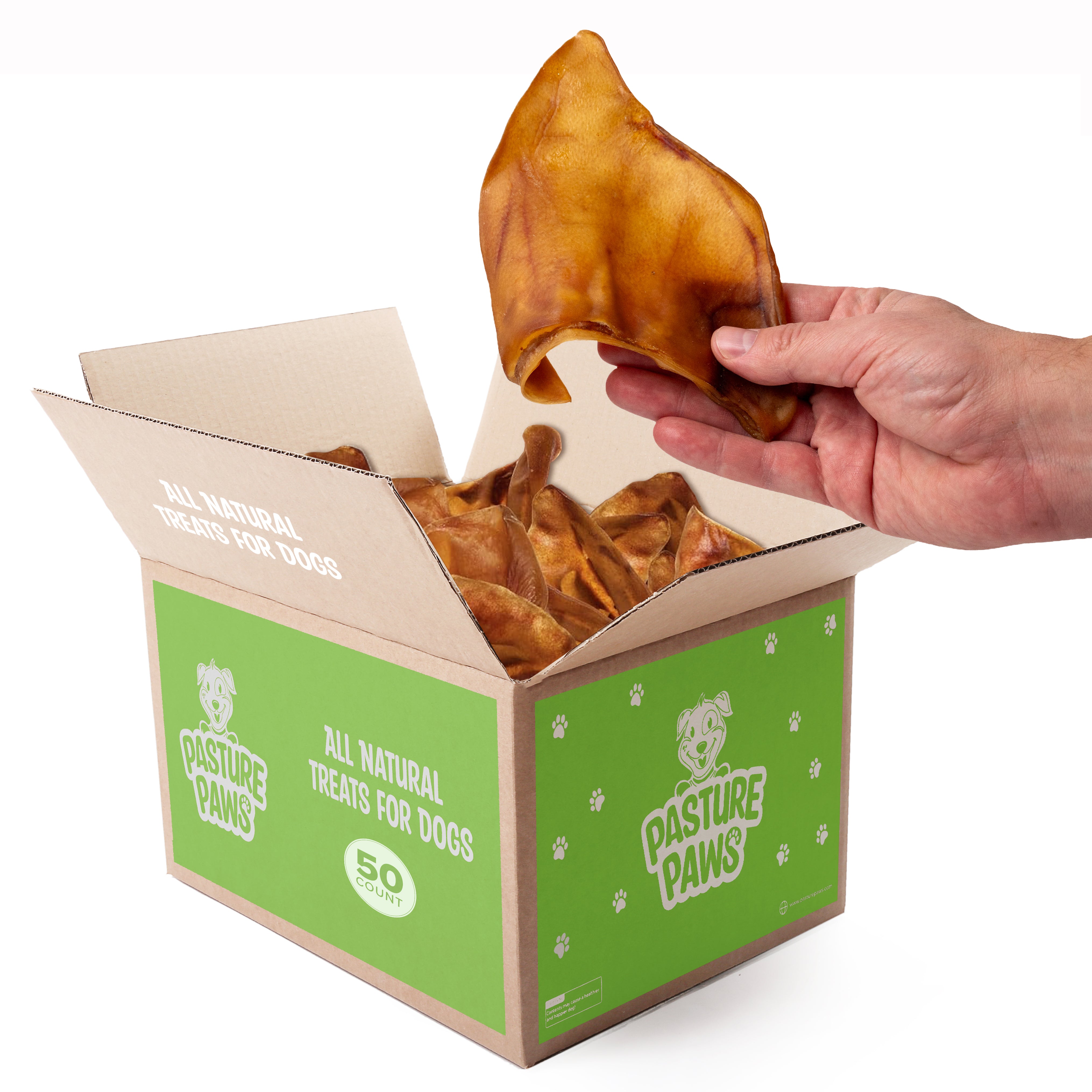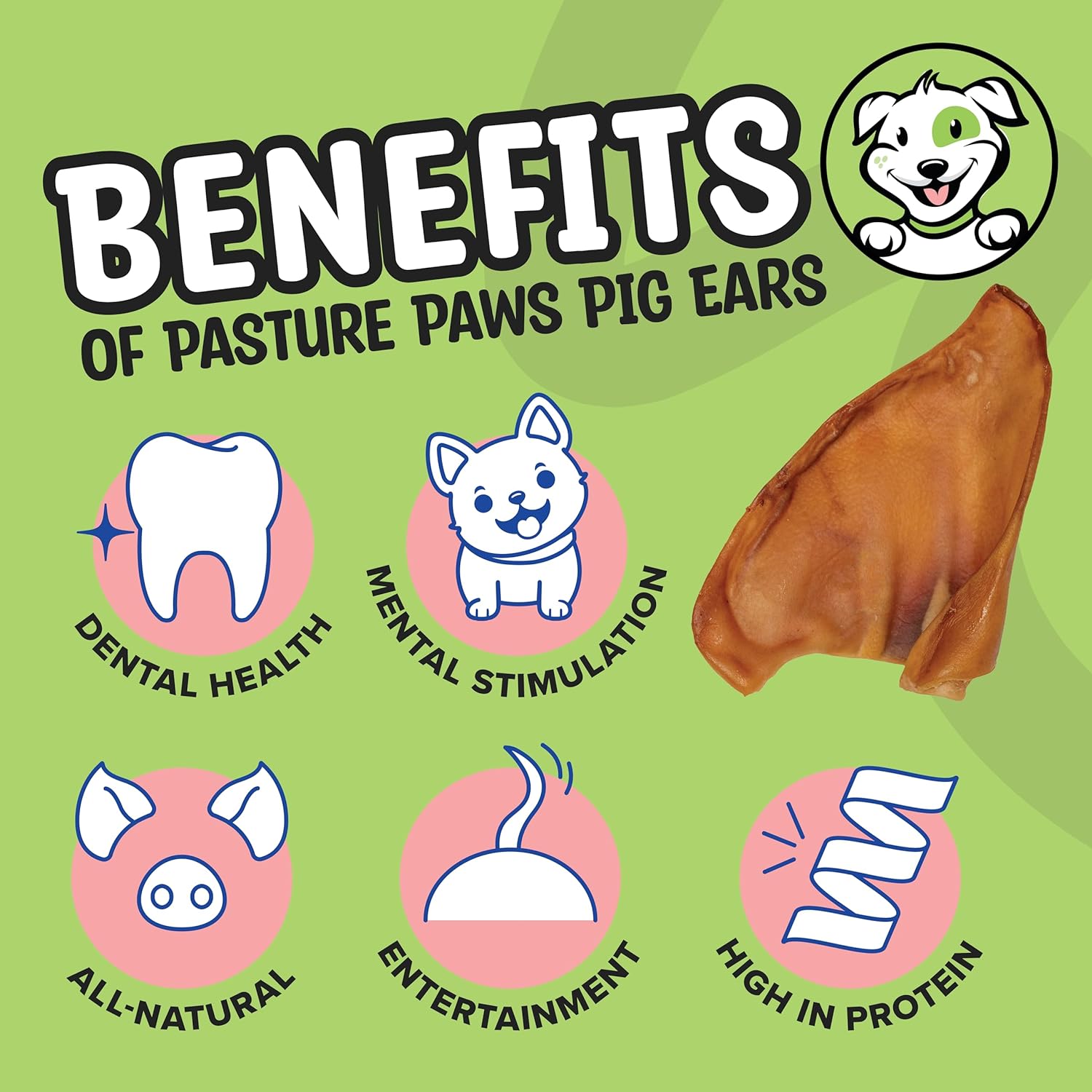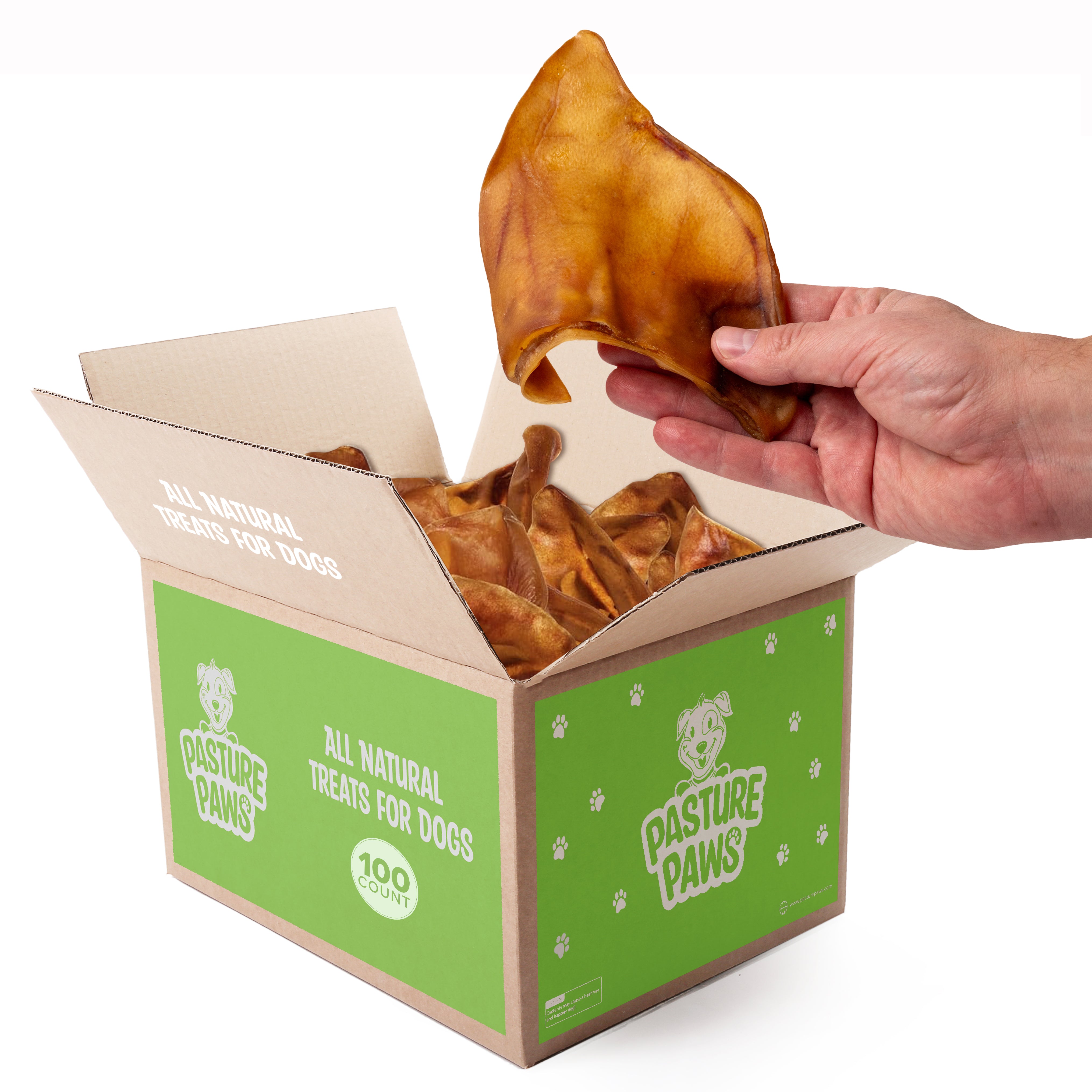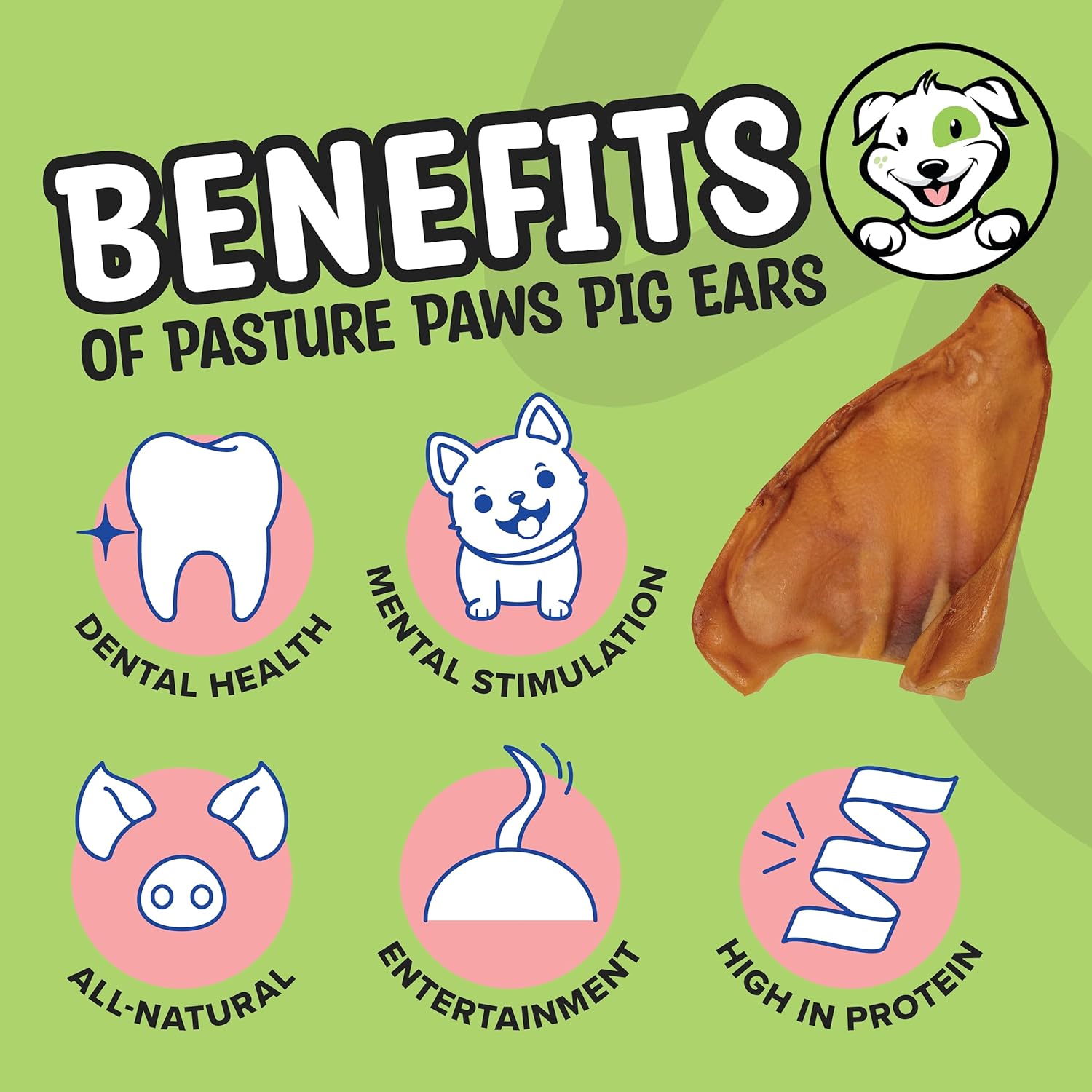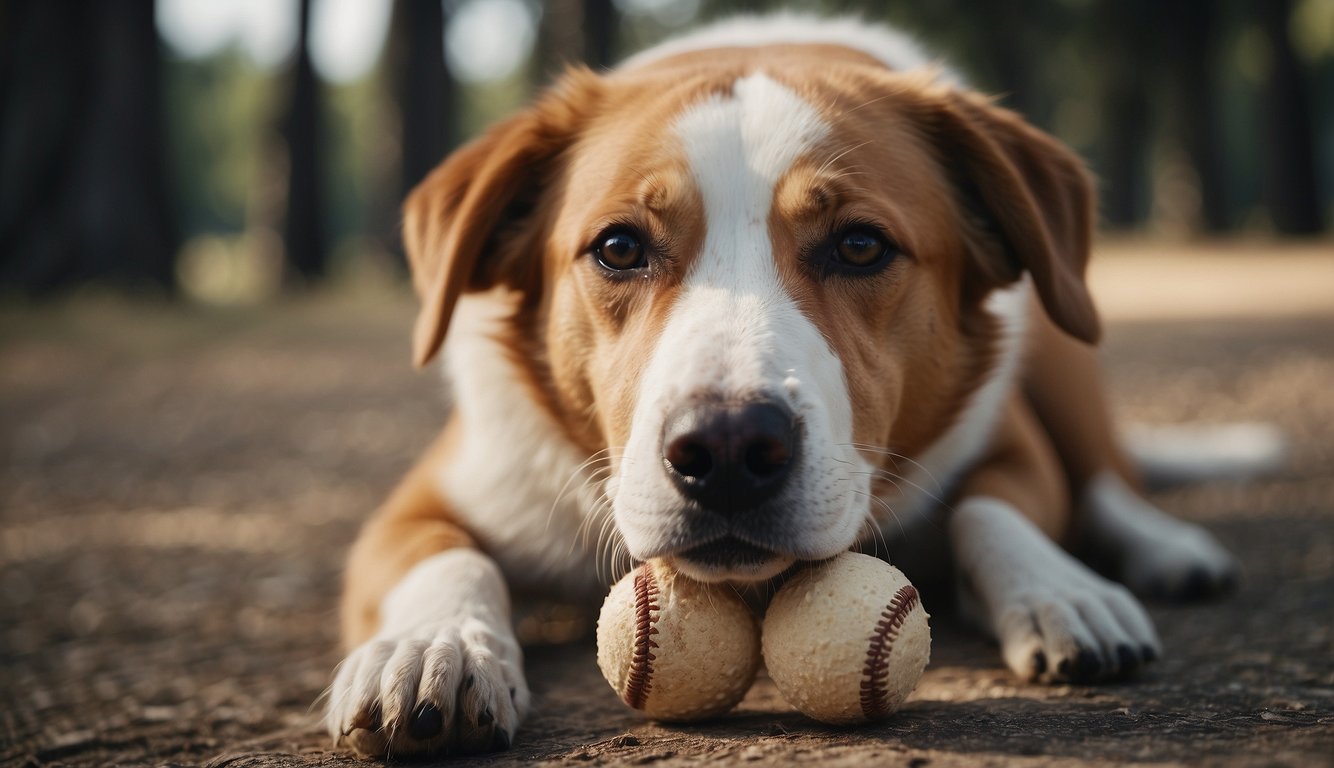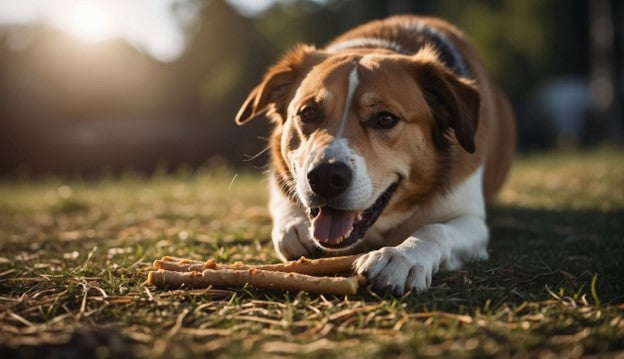If you're a dog owner, you may wonder how often you can give your furry friend kneecaps to chew on.
Beef knee caps are a popular treat for dogs because they are protein-rich and provide a satisfying crunch. However, it's important to consider the potential risks and benefits before giving your dog kneecaps.

Beef knee caps should be given to dogs as a treat, not as a regular part of their diet. While they are a natural source of protein, they are also high in fat and calories, which can contribute to weight gain and other health issues if consumed in excess. Additionally, some dogs may have trouble digesting bones and experience digestive problems after consuming kneecaps.
Dogs should generally have beef kneecaps only once or twice a week to enjoy the benefits without overindulging or experiencing negative side effects. Always monitor your dog while they chew to ensure they are not at risk of choking or injuring themselves. For high-quality beef knee caps, check out our Beef Knee Cap. Explore our Dog Chews Collection and visit Pasture Paws for healthier and more delicious options for your furry friend! We also offer treats like 12" Beef Trachea Dog Chews, 6" Bully Sticks, and Pig Ears Collections.Understanding Dogs' Chewing Behavior

Dogs naturally love to chew, which is vital for their physical and mental well-being. By understanding this behavior, you can choose the right chew to prevent destructive chewing, ensuring your pet's health.
Importance of Chewing for Canines
Chewing is vital for dogs, aiding dental health, providing mental stimulation, and preventing destructive behavior. Choosing appropriate chew toys based on your dog's chewing style, size, and breed is crucial. Aggressive chewers need durable toys, while teething puppies require soft, pliable options.
Identifying Aggressive Chewers
Aggressive chewers are strongly urged to chew and need sturdy, indestructible toys to prevent destructive behavior. Plush toys are unsuitable, as aggressive chewers quickly destroy typical toys. Providing durable chews is essential for these dogs.
Types of Chewable Items for Dogs

When it comes to choosing the right chewable item for your dog, there are several options available. In this section, we will compare different types of dog chews and discuss their pros and cons.
Comparison of Dog Chews
|
Type of Chew |
Pros |
Cons |
|
Rawhide |
It is inexpensive, long-lasting, and good for dental health |
It can cause digestive problems, choking hazards, and is not easily digestible |
|
Cooked Bones |
It can provide nutrients, which are good for dental health |
Can splinter and cause choking; can cause digestive problems |
|
Bully Sticks |
High in protein, low in fat, and easily digestible |
It can be expensive, and it has a strong odor |
|
Toys |
It is good for mental stimulation and can help with anxiety |
Not edible, can be destroyed easily |
|
Dental Chews |
Good for dental health, low in calories |
It can be expensive and is not suitable for aggressive chewers |
Nutritional Value of Dog Chews

Dog chews can supplement your pet's diet, but it is crucial to ensure they receive all essential nutrients, minerals, and vitamins. A balanced diet is vital for their overall health.
Essential Nutrients in Dog Chews
Dog chews made from animal products provide essential nutrients such as protein, calcium, and vitamins A, B, and D, which support strong bones, teeth, and overall health. However, be cautious of harmful additives like artificial colors, flavors, and preservatives that pose health risks. Always read labels to ensure the chews are free from these additives.
Safety Concerns and Health Risks

When giving your dog kneecaps to chew on, be aware of potential safety concerns and health risks.
Choking Hazards and Preventive Tips
Knee caps can pose a choking risk if your dog bites off large pieces. Supervise your dog while they chew, and remove the bone if it becomes too small or if large pieces are bitten off. Choose knee caps appropriately sized for your dog to prevent choking and dental damage.
Dental Health and Bone-Related Injuries
Knee caps can help clean teeth, but bones that are too hard can cause tooth fractures or break teeth. To prevent injuries, ensure the knee cap is not too hard and monitor your dog's chewing habits.
Age and Size Considerations for Dog Chews

Consider your dog's age and size when choosing the right chew. Puppies need soft, easy-to-chew options, while senior dogs may require gentle chews for their weaker teeth. Different breeds also have varying jaw strengths and chewing habits, so select chews that match your dog's needs.
Chew Options for Puppies and Senior Dogs
Age and size are crucial when choosing chews. Puppies need soft, easy-to-chew options like rubber toys, stuffed toys, bully sticks, and rawhide twists due to their delicate teeth and gums. Senior dogs may have weaker teeth and benefit from soft chews, such as dental chews, which are gentle on their teeth and gums.
Matching Chews to Dog Size and Breed
Different breeds have varying jaw strengths and chewing habits. Larger breeds, like Great Danes and Mastiffs, need larger, durable chews, while smaller breeds, like Chihuahuas and Pomeranians, require smaller, softer chews. Hard chews like antlers and bones suit larger breeds but may be too hard for smaller ones. Soft chews like bully sticks are better for smaller breeds but may only last for a short time for larger dogs.
Frequency and Supervision of Chew Sessions

Determining Appropriate Chew Frequency
Moderation is key when giving your dog kneecaps. While beneficial for dental health and mental stimulation, overconsumption can lead to digestive issues and obesity. Generally, limit your dog to one knee-cap chew per day, adjusting based on age, size, and activity level.
Importance of Supervision During Chewing
Supervision during chew sessions is crucial, especially for aggressive chewers. Monitor your dog to prevent swallowing large pieces, which can cause choking or digestive problems. Ensure the chew suits your dog's size and style, opting for tougher chews if needed.
Consulting with a Veterinarian

Regarding your dog's health, it is always a good idea to consult a veterinarian before significantly changing their diet or routine. This is especially important when giving your dog kneecaps to chew on.
When to Seek Professional Advice
Always consult a veterinarian before significantly changing your dog's diet, especially when introducing kneecaps. This is crucial if your dog has dental problems, has undergone dental surgery, or has arthritis or hip dysplasia. Chewing hard bones can damage teeth or gums and exacerbate joint issues.
Personalized Recommendations Based on Health
Your vet can provide personalized recommendations based on your dog's age, weight, and activity level. Generally, kneecaps should be given no more than once or twice a week to prevent digestive issues or other complications. Each dog is different, so it's important to tailor treats to their needs.
Conclusion
In conclusion, beef knee caps can be a beneficial chew treat for your dog, promoting dental health and providing mental stimulation. However, monitoring your dog while they chew is important to prevent choking or injuries. Always choose knee caps that are appropriately sized and soft enough to avoid dental fractures. Avoid giving cooked bones, as they can splinter and cause harm. Consult your veterinarian for advice if you notice any discomfort or digestive issues. For high-quality beef knee caps, visit Pasture Paws for a full range of products to keep your furry friend happy and healthy!
Frequently Asked Questions
Can knee caps cause allergies in dogs?
While knee caps are generally safe, some dogs might have beef or other protein allergies. Symptoms can include itching, redness, and digestive upset. If you suspect an allergy, stop giving the kneecaps and consult your veterinarian.
Are kneecaps suitable for puppies?
Beef knee caps can be suitable for puppies, but it’s important to choose smaller, softer options for young dogs. Always supervise puppies while they chew to prevent choking and ensure the kneecap does not damage their developing teeth.
How do knee caps compare to other natural chews?
Beef knee caps are rich in nutrients and provide excellent dental benefits, similar to other natural chews like bully sticks or antlers. However, they can be harder and more prone to splintering, so supervision and proper size selection are crucial.
Can kneecaps help with bad breath in dogs?
Chewing on kneecaps can help reduce plaque and tartar buildup, improving your dog’s breath. However, they should be part of a broader dental care routine, including regular brushing and professional cleanings.
